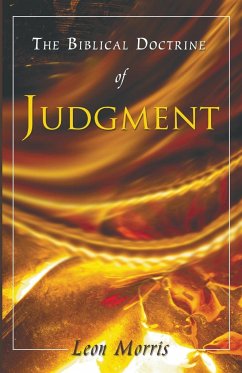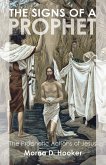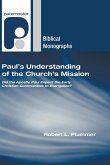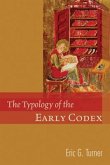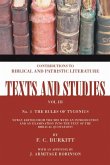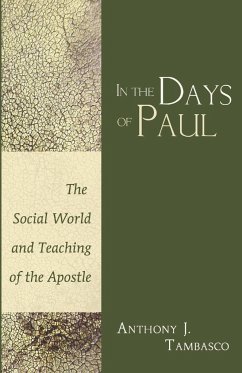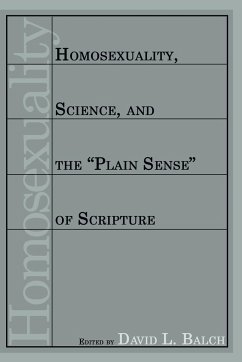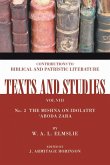The doctrine of the final judgment enshrines many important truths. It streses man's accountability and the certainty that justice will finally triumph over all the wrongs which are part and parcel of life here and now. The former gives a dignity to the humblest action, the latter brings calmness and assurance to those in the thick of the battle. The doctrine gives meaning to life. . . . The Christian view of judgment means that history moves to a goal. . . . Judgment protects the idea of the triumph of God and of good. . . . Judgment means that in the end God's will will be erfectively done. --from chapter 4 Leon Morris retired as principal of Ridley College, Melbourne, Australia, in 1979. He is the author of more than forty books, including 'The Apostolic Preaching of the Cross,' 'Studies in the Fourth Gospel,' the volumes on Matthew and Romans in The Pillar New Testament Commentary, and the volumes on John and the Thessalonian epistles in The New International Commentary on the New Testament.
Hinweis: Dieser Artikel kann nur an eine deutsche Lieferadresse ausgeliefert werden.
Hinweis: Dieser Artikel kann nur an eine deutsche Lieferadresse ausgeliefert werden.

